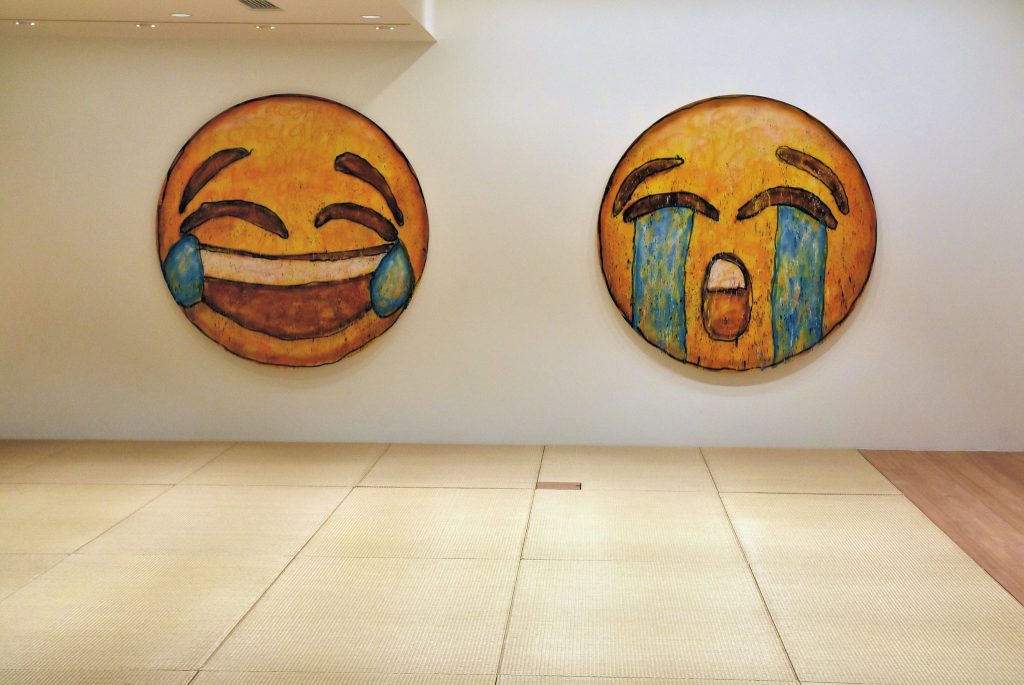About 4 billion people can communicate via emojis, quadruple the number who share the next most common tongue, Mandarin.
Just over half of the human race are active internet users. Almost all of them - 92 percent - use emojis. If you consider emoji a language, as some people do, that would make it far and away the world’s most widely spoken. (Ofc, most linguists would argue that emoji’s lack of grammar disqualifies it from technically being a language, but still.)
Some folk are  about emojis’ rise. They include those who think the overuse of smiley faces and suggestive fruit make people - especially young people - worse communicators or less proficient in their native language. That could lead to negative economic consequences like being less likely to get a job, especially a white-collar one (which are often perceived as more prestigious and highly paid).
about emojis’ rise. They include those who think the overuse of smiley faces and suggestive fruit make people - especially young people - worse communicators or less proficient in their native language. That could lead to negative economic consequences like being less likely to get a job, especially a white-collar one (which are often perceived as more prestigious and highly paid).
Not everyone believes this concern is valid, though. After all, there was a similar hullabaloo about noughties kids’ preference for ‘text speak’ yet workplaces today are hardly awash with hapless employees emailing their bosses that they’ll ‘c u l8r’.
And research suggests that emojis are generally used to add emotional nuance to written words in the same way that we use facial expressions and gestures to communicate our meaning IRL. (What was that we were just saying about text speak?  ) As such, they often aid communication, including in the workplace. For example, one study found that adding a
) As such, they often aid communication, including in the workplace. For example, one study found that adding a  to an email made the recipient more likely to deem the sender competent and take a suggested critique on board.
to an email made the recipient more likely to deem the sender competent and take a suggested critique on board.
Perhaps a more worrying criticism is that emojis have helped entrench inequality and prejudice because their default/earliest versions mostly just depicted able-bodied white men and heterosexual nuclear families. (More representative emojis have since been added). Studies show that a lack of representation has real-life consequences: the more we associate “police” with  , the less likely women of colour are to see it as a viable career for them, say.
, the less likely women of colour are to see it as a viable career for them, say.
Read our explainer on: the benefits and costs of technology.

